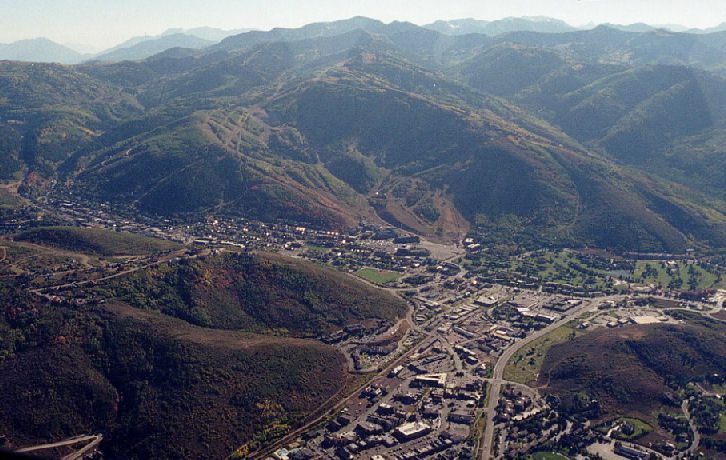
(Wikimedia Commons public domain)
From one of my incomplete manuscripts:
Joseph’s honesty seems clearly evidenced as well by his own sacrifices for the cause he proclaimed—something that becomes rather more difficult to explain if he was insincere. So did his family and those who believed in his message.[1] He was arrested repeatedly, and, from the very earliest days, he and his followers were subjected to harassment and worse.[2] “The Prophet Joseph,” George A. Smith recalled of the march of Zion’s Camp,
took full share of the fatigues of the journey, in addition to the care of providing for the camp, and presiding over it. He walked most of the time and had a full share of blistered, bloody, and sore feet, which was the natural result of walking twenty-five to forty miles a day in the hot season of the year. But during the entire trip he never uttered a murmur or complaint.[3]
John M. Chidester remembered him as the first man to help out with swamp-stuck wagons during the journey, in his bare feet.[4] “He was always willing,” wrote George Q. Cannon, “to carry his part of the burden and to share in any suffering or deprivation inflicted upon his friends.” He “always sought to help the distressed. A cry of sorrow quickly touched his ear, and its appeal invariably aroused him to some helpful action.”[5] Lyman O. Littlefield was thirteen years old during the Zion’s Camp march. Many years later, he recalled that
The journey was extremely toilsome for all, and the physical suffering, coupled with the knowledge of the persecutions endured by our brethren whom we were traveling to succor, caused me to lapse one day into a state of melancholy. As the camp was making ready to depart I sat tired and brooding by the roadside. The Prophet was the busiest man of the camp; and yet when he saw me, he turned from the great press of other duties to say a word of comfort to a child. Placing his hand upon my head, he said, “Is there no place for you, my boy? If not, we must make one.” This circumstance made an impression upon my mind which long lapse of time and cares of riper years have not effaced.[6]
[1] $Regarding his family, see the comment of Wandle Mace, in Andrus and Andrus, They Knew the Prophet, 131.
[2] See, for instance, the testimonies of Joseph Knight, Jr. ($Andrus and Andrus, They Knew the Prophet, 6), and Newell Knight (“Newell Knight’s Journal,” Scraps of Biography [Salt Lake City: Juvenile Instructor Office, 1883], 47-65).*
[3] Zora Smith Jarvis, Ancestry, Biography, and Family of George A. Smith (Provo: Brigham Young University Press, 1962), 50.*
[4] The Juvenile Instructor 27 (1 March 1892): 151.*
[5] Cannon, Life of Joseph Smith the Prophet, 343, 344.
[6] Cited at Cannon, Life of Joseph Smith the Prophet, 344.
Posted from Park City, Utah










